flexi conferences
Field-Based STEM offers four areas of expertise:
Field-Based Foundations
“Where STEM comes alive in Aotearoa’s backyard.“
Dive into hands-on learning in New Zealand’s unique ecosystems—from wetlands to volcanic landscapes. These workshops equip educators with tools to turn the outdoors into a dynamic classroom, aligned with NCEA standards and local curriculum goals.
Example Workshops:
Freshwater health monitoring, predator-free tracking, astronomy under NZ skies.
Innovation & Sustainable Futures
“STEM solutions for a thriving tomorrow—and the skills to solve today’s mysteries.”
Explore cutting-edge science tackling global challenges, from Antarctic climate research to real-world forensic investigations. Workshops focus on sustainability, circular economies, and practical problem-solving inspired by criminal justice science.
Example Workshops:
Investigate forensic science through trace evidence, explore glacial retreat and its impact on water and landscapes, discover circular economies and sustainable solutions, dive into Antarctic research to understand climate change, tackle real-world STEM challenges through innovation.
Inclusive Education & Leadership
“STEM for every learner, leader, and community—designed by experts, powered by empathy.”
This pillar equips educators with research-backed strategies to create classrooms where all students thrive. Co-developed with specialists in educational psychology, adaptive learning, and school leadership, workshops blend neuroscience, trauma-informed practice, and nature-inspired leadership models.
Example Workshops:
Explore a collection of rigorously tested STEM lessons proven effective across subjects and age groups, examine the lasting impact of COVID-19 on youth development, and gain practical strategies from educational psychologists to support student well-being.
Resilient Communities
“Preparing today’s students for tomorrow’s challenges.“
Equip educators to lead projects that build safer, stronger communities. From tsunami-ready schools to urban green spaces, these workshops blend science with real-world action.
Example Workshops:
Design tsunami-ready schools with science-driven safety strategies, explore urban green spaces as solutions for climate resilience, examine the role of technology in emergency response, and empower students to tackle real-world challenges with STEM-based solutions.
- All
- Central Auckland
- Christchurch
- Gisborne
- Hawke's Bay
- Kapiti
- North Auckland
- Rotorua
- South Auckland
- Taranaki
- Taupo
- Tauranga
- Wairarapa
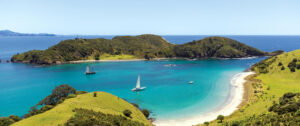
Kerikeri 2025 Flexi Conference
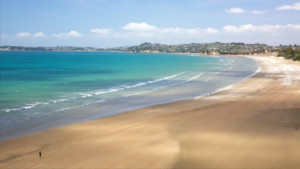
North Harbour, Auckland 2025 Flexi Conference – hosted by Ridgeview School
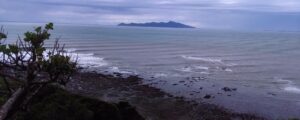
Kapiti 2025 Flexi Conference
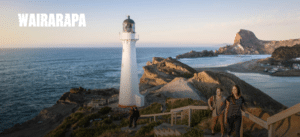
Wairarapa 2025 Flexi Conference
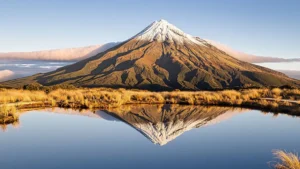
Taranaki 2025 Flexi Conference – co-hosted by Te Puna Umanga Venture Taranaki
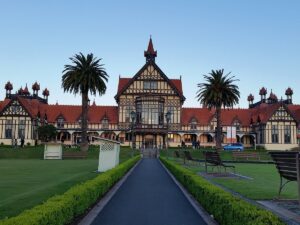
Rotorua 2025 Flexi Conference
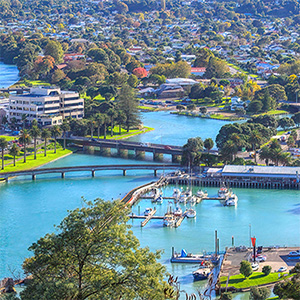
Gisborne 2025 Flexi Conference
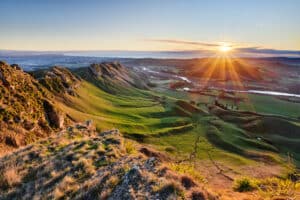
Hawke’s Bay 2025 Flexi Conference

Central Auckland 2025 Flexi Conference
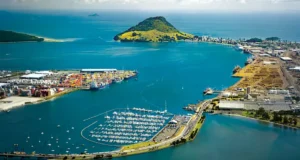
Tauranga 2025 Flexi Conference in association with New Zealand Astrobiology Network

Christchurch 2025 Flexi Conference – co-hosted by Climate Action Campus
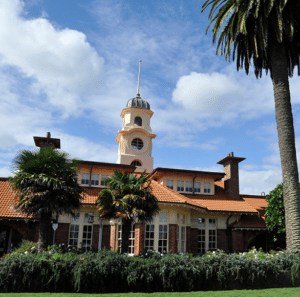
South Auckland 2025 Flexi Conference – MIT Ōtara campus

